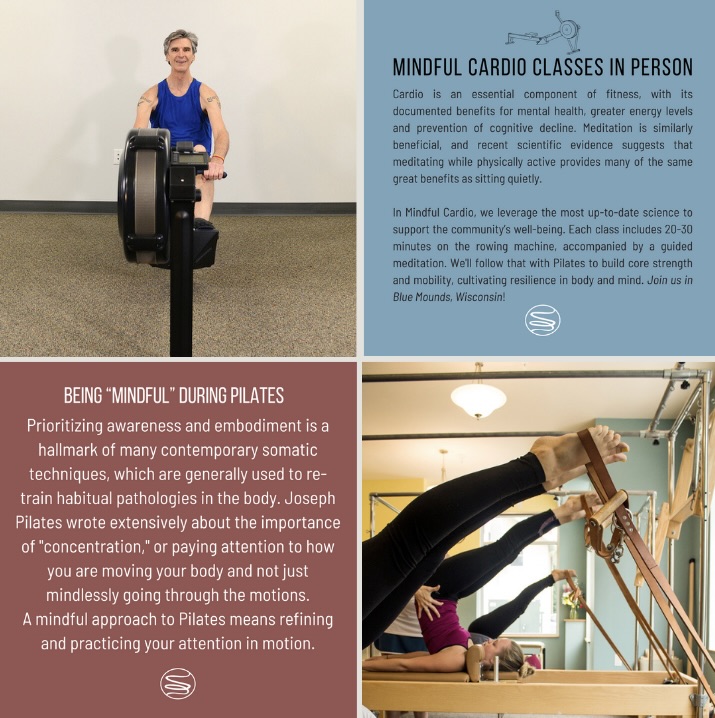Adaptability

My father would often say that the secret to life is flexibility. As a child I'd often bristle at this comment, as it often caught me occupying an unyielding position of unreasonableness. As an adult I am now thankful for this early lesson in Yoga. Despite my father's inability to stand on his head, he remains my original yoga teacher.
Adaptability is the access point to contentment. When we're convinced how things have to be, we're less likely to enjoy things as they are. When we know how people should behave, we're less likely to appreciate who's in front of us.
A regular practice of asana (postures) and pranayama (breathing) is a powerful way to uncover our latent adaptability. While it's often assumed I'm referring to the body-flexibility of Hatha Yoga practices, I'm actually referring to stability more than physical flexibility. Being steady in the body predicts a degree of ease in life. If we're at ease and comfortable in our own skin, we're less likely to organize the world around us as a means to feel comfortable.
How many thousands of dollars are spent perfecting the fit of bicycles in the quest for pain-free riding? While a properly fit bicycle is a joy to ride, it's imbalances in core-strength and flexibility cause the body to retract into a tiny operating-window. The smaller the operating-window of the body, the more perfectly the outside world has to be aligned in the name of comfort. Realign the body from the inside, and suddenly the outside world doesn't have to be aligned to such exacting standards.
The healthy body is incredibly adaptable. It can sit in a crowded airplane as easily as it can walk down the street. The adaptable body can sit on a stool as comfortably as it sits in an Aeron chair. Through yoga we can learn to find stability in the body that allows us to adapt to what's around us.
When you find yourself experiencing aches and pains in a particular situation, observe the state of your breathing. More often than not the breathing is restricted and shallow. When you're experiencing discomfort with a certain event, observe how you're supporting your body. Are the muscles of the neck and shoulders trying to support your body? When you're itching to change a situation, try relaxing the roof of your mouth; it can be shocking how the built-up tension in the mouth makes the outside world seem oppressive, while releasing that tension can transform the situation.
Before changing the outside situation, what's possible from the inside? The simple touchstones of the Three Fundamentals (grounding, palate relaxing and full-commitment exhale) can change the inside sufficiently to make the experience of the outside world change significantly for the better.
Is the yoga practice making us more adaptable, or more sophisticated at controlling things? While the history of yoga emphasizes the former, our Western interpretation of this ancient practice can readily devolve into the latter. Through balancing stability with mobility, we're more likely to find the steady-center that predicts contentment.
Namaste,
Scott
www.alignmentyoga.com



Comments
Great article! Sending to my sister.
It's a beautiful thing to have an ideal fitting bike AND to adapt the body to suit (and feel comfortable with) your chosen bike position.